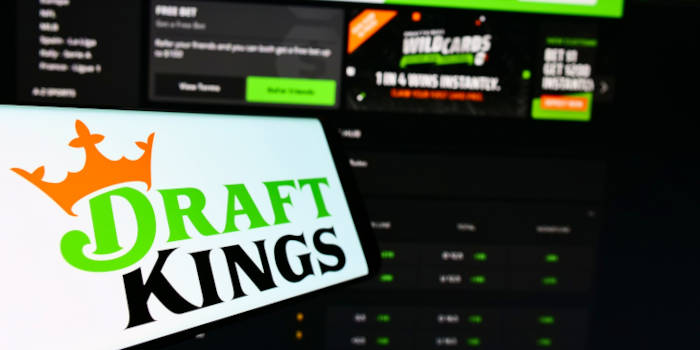888 Holdings 2019 Revenue Increased, Yet Profit Sank

888 Holdings, the Gibraltar-based online gaming operator, posted its 2019 financial report, showing an increase in revenue compared to the year before. Even the revenue increase could not offset the rise in regulatory costs and other expenses for the company, resulting into plummeting profit before tax.
Revenues
For the past year, 888 Holdings registered operational revenue of $560.3 million, compared to $529.9 million for 2018, a 5.7% increase year-on-year. The biggest part of it came from B2C operations, where more than 1 million newly acquired customers contributed to the $530.5 million revenue, while the remaining $29.8 million came from B2B operations, a 41% drop compared to the year before.
The biggest contributor in this vertical was casino, posting $359.3 million, a 13% increase. Second best was sport revenue, up 12% to $90 million, while poker revenue recorded a slump of 13%, to $42.7 million. Bingo revenue jumped 19% to $38.5 million, mainly due to the acquisition of a portfolio of bingo brands, including the well-established Costa Bingo, bought for $18 million from JPJ Group Plc.
Casino
The strong performance in casino was a direct result of 888’s marketing and customer management, as well as the fully deployed across all regulated markets AI-based Orbit platform. Total active casino players increased by 26%, while average revenue per player declined by 10%, clearly outlining the company’s shift in focus towards casual players. That shift was even more prominent for the UK market, where VIP share of revenue fell to just 4% for Q4.
Expansion in markets was also a factor influencing the strong performance in casino, as 888, in January 2019, launched in Sweden and Portugal. Expansion in product offering cannot be underestimated as the company added 464 new games across mobile and desktop platforms during the year.
Sport
The second contributor to B2C revenue, sport, was driven mainly by in-play and mobile betting, accounting for around 65% of all bets. Regarding its betting vertical, 888 acquired for $15 million the technology platform BetBright, to help it propel its proprietary sports betting product. Sport had another importance, too, as its customers provide additional value to other vertical, mainly casino, through cross-selling.
Poker
The biggest loser, poker, has been adversely affected by increased marketing activities from competitors, as well as the withdrawal of certain payment providers and the ISP blocking in some unregulated markets. Poker deposits grew by 1% despite the number of active poker players going down by 7%, showing the shift towards recreational players. Poker also provided cross-selling into the other verticals and remained an important customer acquisition channel.
Bingo
Bingo’s contribution came mainly through the acquisition of the new brands, but 888 continued to place emphasis on client personalization and product enhancements, including newly developed third-party content.
Costs
On the cost side, operating expenses grew to $147.5 million, up 7% compared to $137.8 million in 2018, while R & D costs went up 8.5%, to $35.6 million. The biggest hit to profit came from gaming taxes and duties that jumped 37%, to $95.5 million. Marketing and administrative expenses also jumped, 4% and 26% respectively, impacting adjusted EBITDA to post a 20% slump compared to 2018.
The overall increase in costs, as well as the jump in gaming taxes and duties, reflected into profit before tax, which plummeted nearly 37%, to $53.2 million.
With 4 years experience as an analyst, Julie—or ‘Jewels’, as we aptly refer to her in the office—is nothing short of a marvel-worthy in her attention to the forex and cryptocurrency space as she quickly became the first pick to co-pilot education to the masses with Mike.



